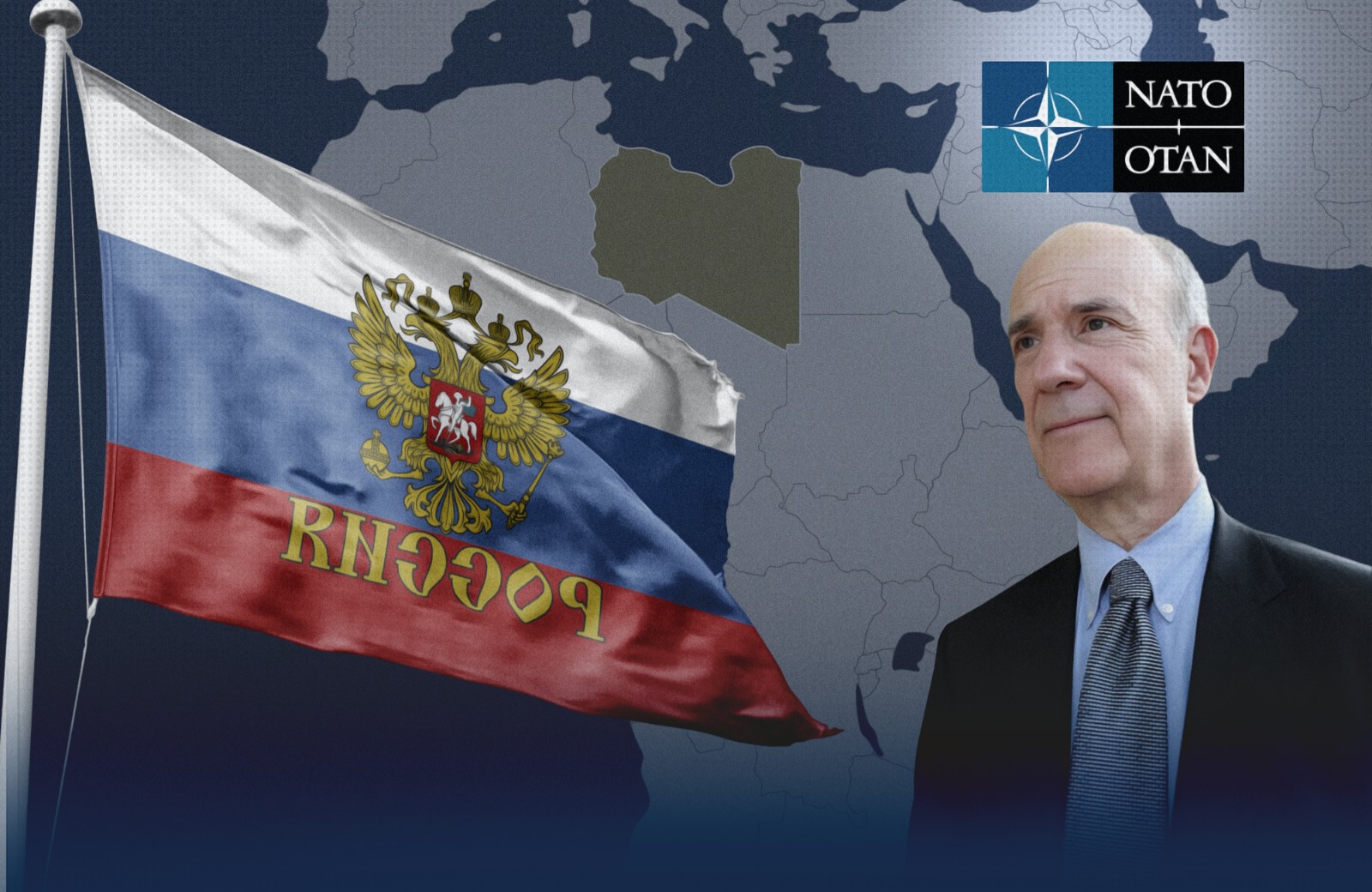Jonathan Winer, the former U.S. Special Envoy to Libya, highlighted NATO’s role in countering Russia’s growing influence in Africa in an analytical article published by the Middle East Institute. Winer, who served as the Special Coordinator for Libya from 2014 to 2016, stressed that Libya remains the primary key for NATO to address Russia’s malign activities on the African continent.
Winer pointed out that Russia has rebranded the Libyan wing of the Wagner mercenary group to “Africa Corps,” which is now directly controlled by the Russian state. This renaming is symbolic of Russia’s expanding military presence in North Africa, the Sahel, and other parts of the continent, prompting NATO to finally recognize this threat.
He noted that Russian infiltration has deepened within the armed forces of several African countries, including Burkina Faso, the Central African Republic, Chad, Libya, Mali, Niger, and Sudan. Winer questioned whether NATO can halt Russia’s harmful influence in Africa or if Moscow will continue its unimpeded expansion.
Winer detailed how Russia’s intervention in Africa has been methodical and opportunistic over the past decade, starting in Libya, which remains crucial to its future success. Russia supported Libyan military leader Khalifa Haftar with over 10 billion Libyan dinars and military assistance from the Wagner Group. This support enabled Haftar to consolidate power in eastern Libya and attempt to seize Tripoli.
Russian mercenaries also moved to Sudan to support former President Omar al-Bashir in exchange for gold mining rights. Russia’s influence in the Central African Republic has expanded since late 2017, providing weapons and security services for gold and diamond rights.
The Russian military presence in Africa accelerated between 2020 and 2023 following military coups in Mali, Burkina Faso, and Niger. In each instance, the new military juntas expelled French and other Western forces, replacing them with Russian personnel.
Winer emphasized that Russia has doubled its military presence in Libya since August 2023, with Russian Deputy Defense Minister Yunus-Bek Yevkurov making five visits to meet Haftar. Additionally, two Russian destroyers visited Haftar-controlled Tobruk Naval Base in mid-June 2024.
In response, NATO has started to address this Russian expansion. In May 2024, NATO released a significant study on engaging with the Middle East, North Africa, the Sahel, and Sub-Saharan Africa to tackle “the root causes of insecurity, terrorism, and instability.”
Winer offered several recommendations for NATO, including initiating dialogue with Africa, supporting the political process in Libya, finding ways to engage in the Sahel and Sub-Saharan Africa, combating terrorism through technical training, countering Russian disinformation, and strengthening NATO’s “Hub for the South.”
He concluded that neither NATO nor the West can counter Africa’s shift towards military rule or Russia’s role in exacerbating this trend without addressing the issue of Libya’s division and the rivalry among its militia leaders. A unified Libya without a Russian military presence could significantly help counter the rise of junta rule in the Sahel and the resulting insecurity and instability.

